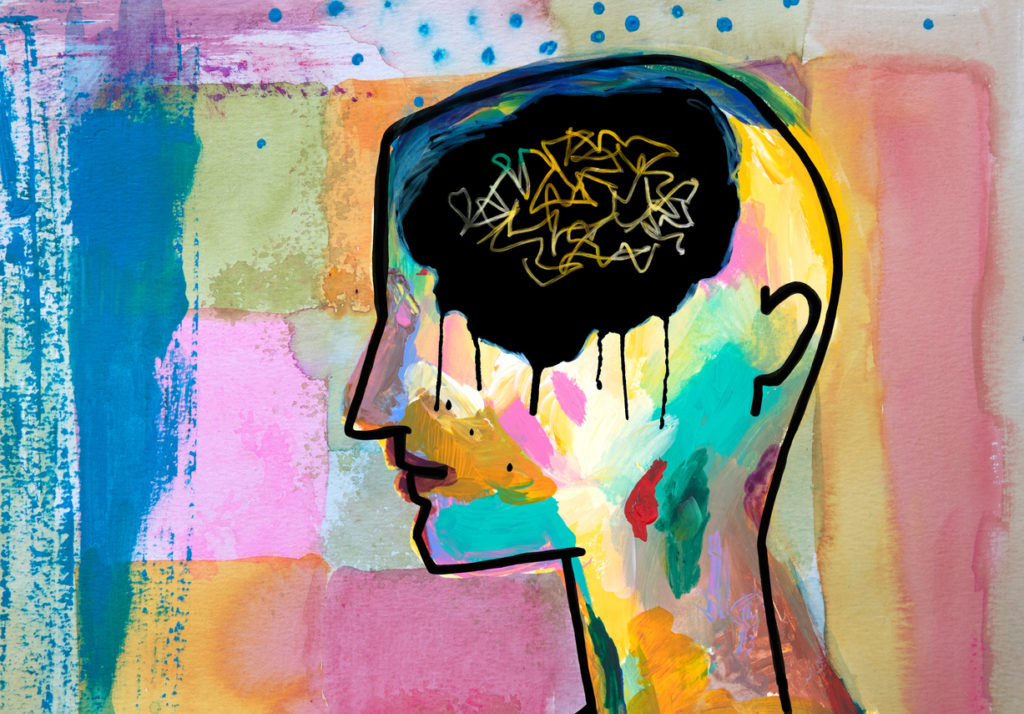This study has several parts. One part will examine the influence of factors such as personality and past experience on reactions to unpleasant stimuli. Others will examine the effect of personality and emotional and attentional states on learning and memory.
Official Title
Effects of Arousal and Stress on Classical Conditioning
Conditions
– Anxiety Disorder- Stress
Study Type
Observational
Study Design
Natural History
Further Details
When confronted with fearful or unpleasant events, people can develop fear of specific cues that were associated with these events as well as to the environmental context in which the events occurred via a process called classical conditioning. Classical conditioning has been used to model anxiety disorders, but the relationship between stress and anxiety and conditioned responses remains unclear. This study will examine the relationship between cued conditioning and context conditioning . This study will also explore the acquisition and retention of different types of motor, emotional, and cognitive associative processes during various tasks that range from mildly arousing to stressful. Classical conditioning theories have long played a role in models and treatment of anxiety disorders, but important questions about the relationship between stress/anxiety and conditioned responses remain. This project has two main objectives: 1) To examine whether failure or delay in learning explicit cue conditioning increases contextual fear, and whether this effect is greater in vulnerable individuals; and 2) to explore the impact of arousal and stress on various components of classical conditioning. To accomplish our first objective, we will develop a procedure to increase contextual fear, characterize the psychological and psychophysiological concomitants of contextual fear, and assess the susceptibility of high trait anxious and anhedonic individuals to contextual fear. To accomplish our second objective, we will explore the acquisition and retention of different types on motor (cerebellum-dependent), emotional (amygdala-dependent), and cognitive (hippocampus-dependent) associative processes during various tasks that range from mildly arousing to stressful. During fear conditioning, the organism develops fear to the phasic explicit cue (e.g., a light) that was associated with the aversive unconditioned stimulus during conditioning as well as to the environmental context. Explicit cue conditioning and context conditioning are separate processes mediated by distinct brain structures. Whereas explicit cue conditioning is only dependent on the amygdala, context conditioning involves the hippocampus and the bed nucleus of the stria terminalis (BNST). Context conditioning varies as a function of explicit cue conditioning. Poor explicit cue conditioning increases context conditioning. Human studies indicate enhanced contextual fear in patients with anxiety disorders and in anxious nonpatients. Pre-clinical investigations suggest an association between CRH activity in the BNST and anhedonia. We hypothesize that pre-exposure to the aversive/unconditioned stimulus before conditioning will delay acquisition of fear to an explicit cue and will increase contextual fear, especially in anxious and anhedonic individuals. Stressful life events have been shown to increase vulnerability to mood and anxiety disorders. The mechanisms of this vulnerability remain uncertain. Stress affects limbic regions that are implicated in both learning and memory, and mood and anxiety disorders, suggesting that stress impairs limbic-mediated components of associative learning. We hypothesize that arousal will have little impact on implicit motor learning, but will affect associative learning that are dependent on the hippocampus. A total of 570 healthy adult volunteers will be recruited. The anxious and anhedonic subjects will be identified with questionnaires.
Study Start
Eligibility & Criteria
Genders Eligible for Study: Both Accepts Healthy VolunteersCriteria INCLUSION CRITERIA:Healthy volunteers ages 18-65.Subjects will be free of current or past psychopathology and organic central nervous system disorders.EXCLUSION CRITERIA:IQ less than than 70;Ongoing medical illness;Psychiatric or neurological disorder (including seizure);Present substance abuse;Current psychotropic medication;Impaired hearing.
Total Enrolment
570
Contact Details
[1] National Institute of Mental Health (NIMH) (US)All content and media on the HealthEngine Blog is created and published online for informational purposes only. It is not intended to be a substitute for professional medical advice and should not be relied on as health or personal advice. Always seek the guidance of your doctor or other qualified health professional with any questions you may have regarding your health or a medical condition. Never disregard the advice of a medical professional, or delay in seeking it because of something you have read on this Website. If you think you may have a medical emergency, call your doctor, go to the nearest hospital emergency department, or call the emergency services immediately.







